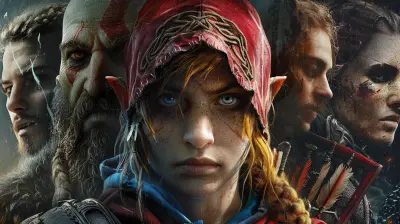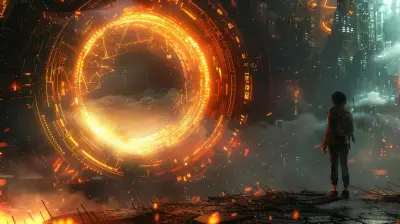Tips for Building a Competitive Gaming Team from Scratch
26 September 2025
Imagine this—you’ve got the controller in your hands, the headset snug over your ears, and a fiery desire to build something epic. You’re not just playing games—you’re ready to take it to the next level and form a competitive gaming team from the ground up. The good news? You don’t need to be a millionaire or a gaming celebrity to make it happen. You just need a solid plan, a whole lot of heart, and a squad that’s as loyal as your childhood best friend.
Let’s be real: starting a team can be overwhelming. Where do you even begin? It’s not just about getting five people together and playing some ranked matches. Building a competitive gaming team is like assembling the Avengers—it takes time, vision, and chemistry. But don't worry, I got you! Let’s break it down together, step-by-step.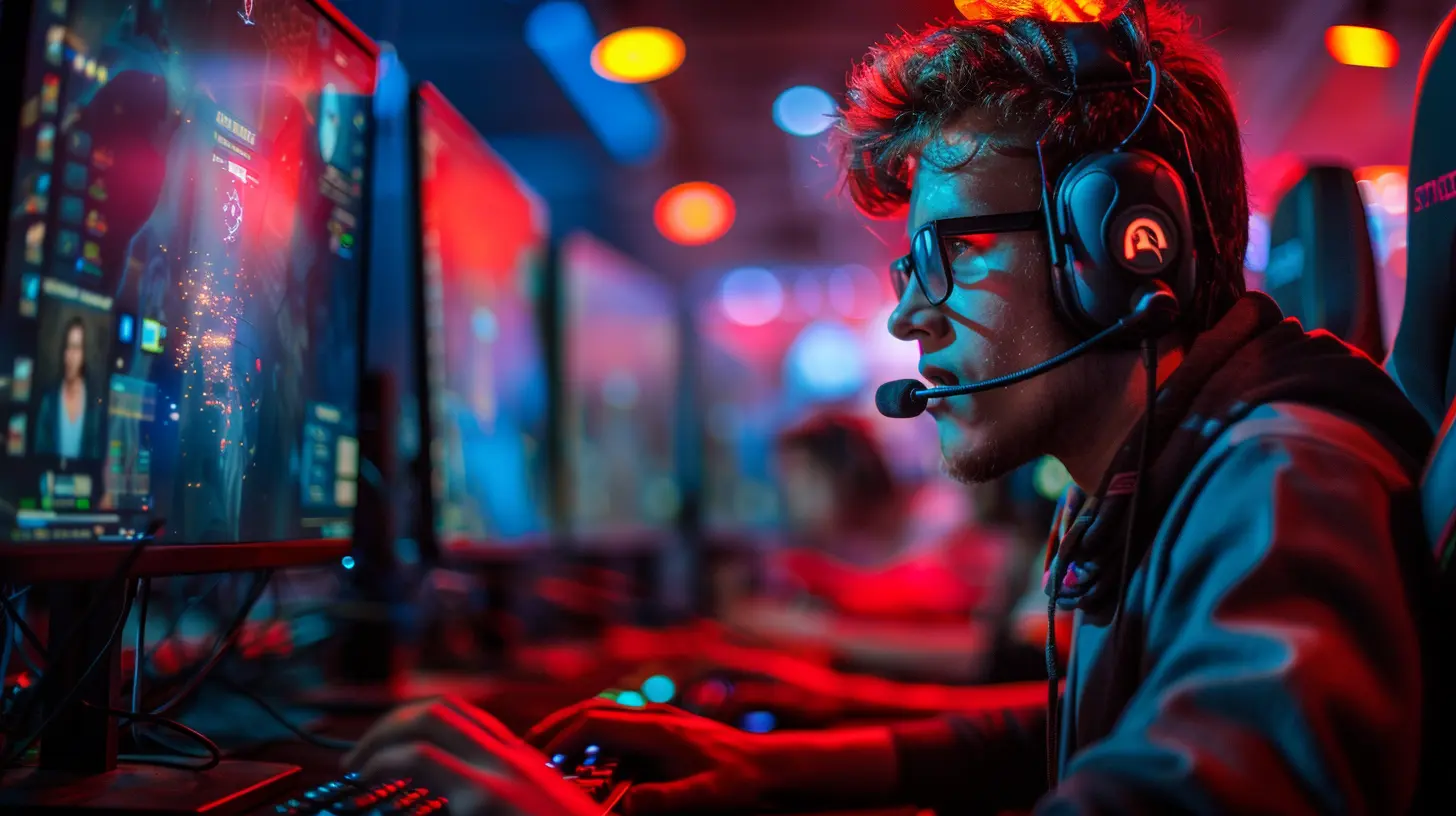
🧠 Step 1: Start With a Vision
Before you even send that first “yo, wanna join my team?” message, sit back and think about what you want this team to become. Is it a casual crew trying out weekend tournaments, or are you shooting for pro-level esports leagues? Your vision will shape every decision that follows.- Will you focus on one game or multiple?
- Do you want to build around IRL friends, or scout online talents?
- Is this a long-term commitment or a short-term project?
Think of your vision as the blueprint of your gaming house. Without one, you’ll be running around with bricks and no idea where to stack them.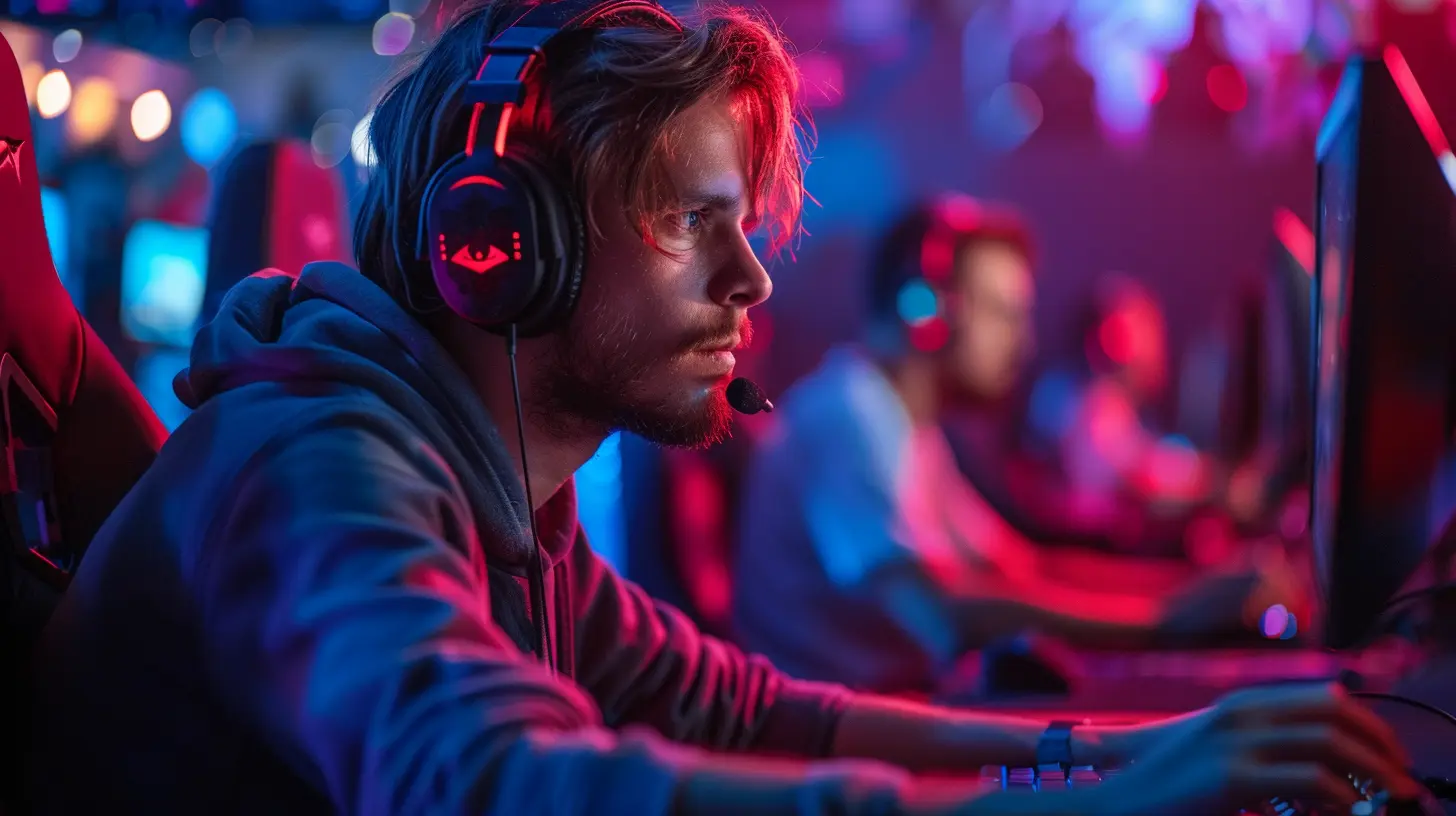
🕹️ Step 2: Choose Your Game (Wisely)
Let’s talk game selection. It might sound like a no-brainer, but it’s crucial. Pick a game you genuinely love and are passionate about. You're going to spend countless hours playing, strategizing, and analyzing—so it better be something that doesn’t make you roll your eyes after two rounds.Here are a few things to consider:
- Is the game popular and active in the esports community?
- Does it have a clear competitive structure or ladder system?
- Are tournaments available (even small ones!) for beginners to get their feet wet?
You could go for classics like CS:GO, Valorant, League of Legends, or Rocket League—or maybe even a niche title with a growing scene. Just make sure it aligns with your vision.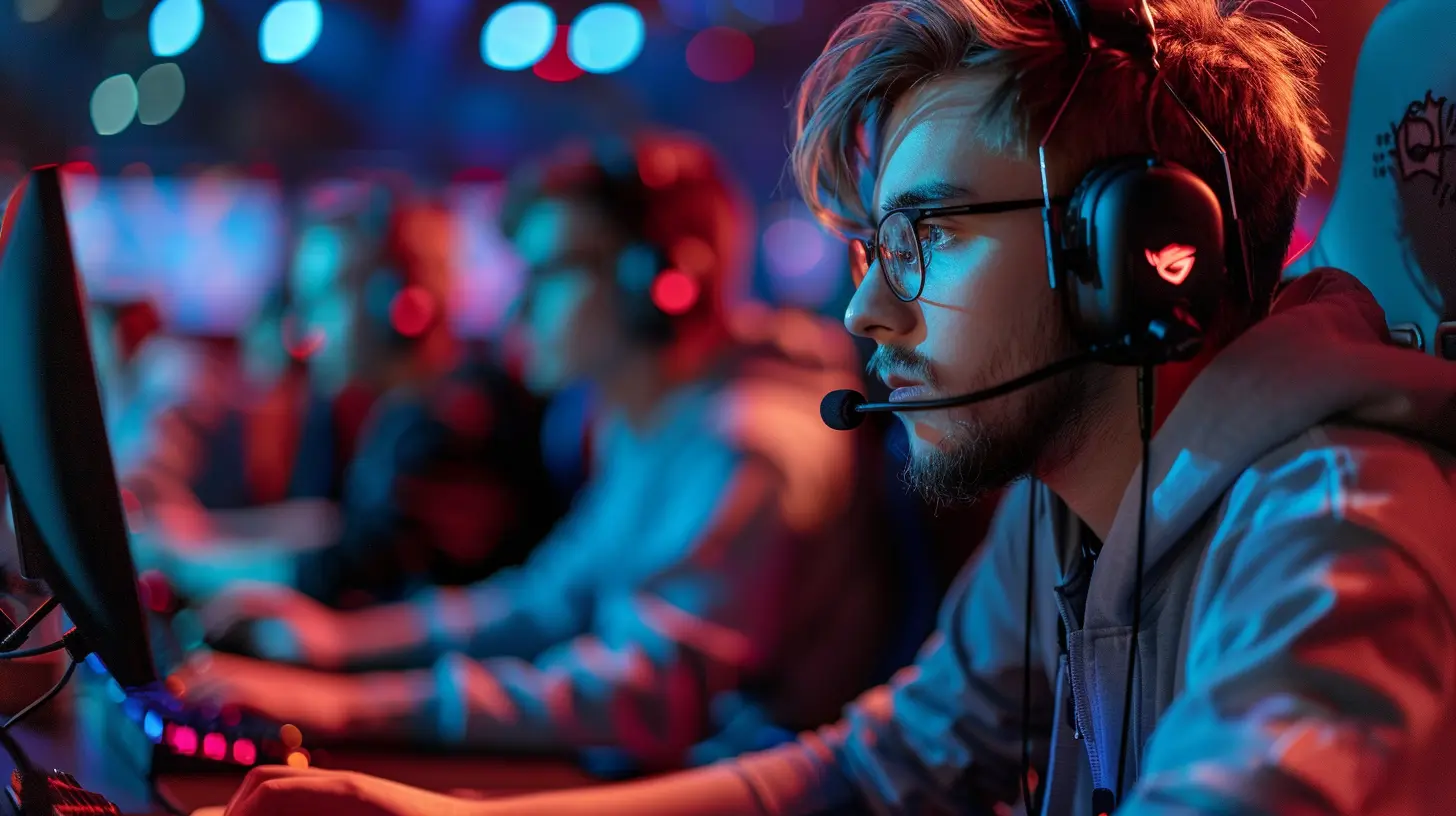
🤝 Step 3: Find the Right Players
Here’s where the magic starts. Finding teammates is like dating—seriously. You’re looking for chemistry, communication, and someone who won’t ghost you after a losing streak.Start with these tips:
- Post in the right places. Try Reddit, Discord servers, Steam forums, Twitter, or even in-game clan features.
- Be honest about what you're building. Are you casually competitive or going full sweaty tryhard? Either way, set expectations.
- Host tryouts or casual gameplay sessions. Don’t rush it! See how they play, how they communicate, and if they have a positive mindset.
And remember, skill can be developed. What really matters early on is attitude, reliability, and willingness to learn.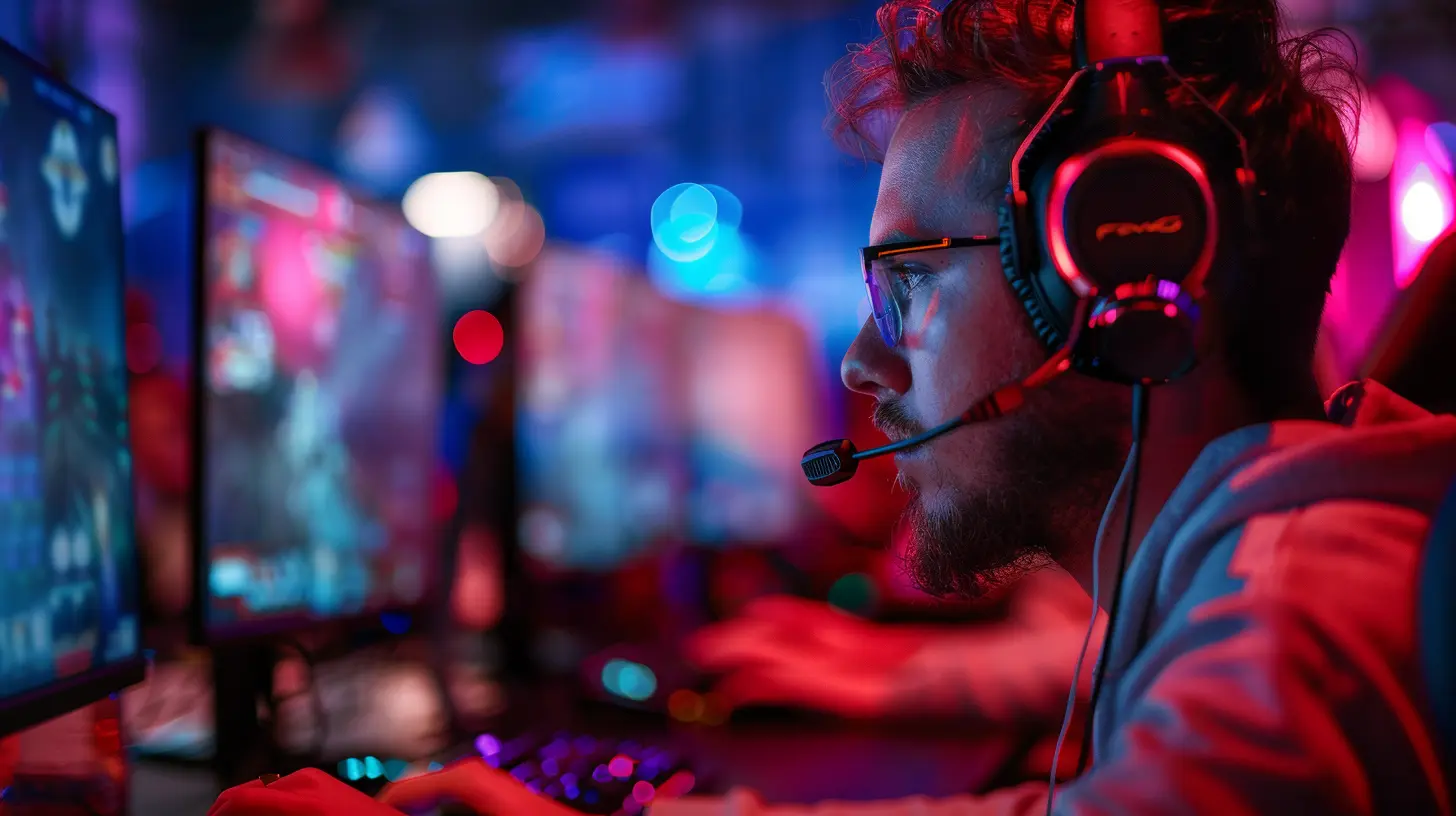
👥 Step 4: Define Roles and Responsibilities
A team without roles is chaos. You don’t want five team captains—or worse, five support mains yelling into the mic.Here’s how you can split the tasks:
1. In-game roles: Who’s playing what position? You need a balance—aggressive fraggers, support players, strategists.
2. Out-of-game roles: Who’s managing the schedule? Who’s handling comms with other teams and tournaments? Someone needs to be team captain, and another might be the "PR" face on social media.
Think of it like a startup. Everyone has a part to play, and when each person focuses on their strength, the whole team levels up.
🧠 Step 5: Build Synergy Through Practice and Communication
You can have five solo gods on your team, but if they can’t talk to each other or play as a unit, it’s an L.Practice isn’t just grinding aim trainers or scrims. It’s about structured team practice:
- Schedule regular sessions. Aim for at least 2-3 times a week, more if you can.
- Review gameplay together. Watch replays, point out mistakes (kindly!), and talk strategy.
- Use voice comms constantly. Whether it’s Discord, TeamSpeak, or in-game chat, get used to calling plays, rotating, and managing the tempo.
Communication is the glue that keeps your team from falling apart mid-match. Always be constructive, even during tough losses. Toxicity? Leave that at the door.
📝 Step 6: Develop Team Tactics and Strategy
You can’t wing it forever. At some point, you’ll need genuine team strats that set you apart from other teams.Start small:
- Create set plays for different maps or scenarios.
- Decide on a few meta-loadouts or comp setups.
- Learn how to adapt on the fly against different playstyles.
Watching pro matches and copying tactics? Totally fine. But don’t be afraid to innovate and find what works best for your squad. Shooting is only half the game—the other half is outsmarting your opponents.
🚀 Step 7: Enter Local or Online Tournaments
Once you’re getting consistent wins in scrims, it’s time to test your mettle against real opponents.There are tons of tournaments out there, from small Discord-hosted events to larger amateur leagues like FaceIt, GameBattles, ESL, and more.
Why compete?
- It gives your team legit experience under pressure.
- You’ll learn massively from losses.
- It builds your team’s reputation and confidence.
Just don’t expect to sweep your first event. Focus on improvement and feedback, not just winning. Every L is a stepping stone to that sweet, sweet W.
🧑💻 Step 8: Build Your Brand and Online Presence
If a competitive gaming team falls in the forest and no one hears it... did it even play? 😅Your online presence is important—not just for fans, but also for sponsors, recruiters, and future teammates.
Here’s what you need:
- A team name that doesn’t sound like your Xbox Live tag from 2009.
- Logo, social media pages (Twitter, Insta, etc.), and maybe a basic website or Twitch page.
- Consistent branding: same handles, same banners, same energy.
You don’t need to hire a marketing team. Just be active, post updates, share clips, and tell your story. People love to root for the underdog.
💼 Step 9: Look Into Coaching and Sponsorships (Eventually)
Once you've got the basics down, you might want to level up your operations.- Coaches can help with strategy, VOD reviews, and mental game.
- Sponsorships can help cover equipment, jerseys, tourney fees, etc.
Start small. Local businesses, gaming gear brands, or even streamers looking to support a team might be open to collaboration.
Just remember: Reputation matters. Don’t burn bridges or ghost sponsors. Be professional, even if you’re all still juggling school or jobs.
🧘♂️ Step 10: Focus on Mental Health and Team Culture
This one’s huge, and it often gets ignored. Competitive gaming can be stressful. Tilt happens. So does burnout, anxiety, and internal beef.Your team’s mental health and vibes are just as important as KD ratios.
Build a culture where:
- People can speak up without feeling judged.
- Breaks are respected.
- Wins are celebrated, and losses aren’t soul-crushing.
At the end of the day, you’re a group of humans playing a game you love. Keep it joyful.
Final Thoughts: You Got This 🎮
Building a competitive gaming team from scratch isn't easy, but it's 100% doable. You’re not just creating a team—you’re creating a community, a dream, and maybe even a legacy.Start with heart, stay consistent, and never stop leveling up—both in-game and out.
Will it take time? Yup. Will it be frustrating sometimes? Definitely. But nothing beats the rush of winning a match with your squad, knowing you built it all from the ground up.
Now go get those dubs, captain.
all images in this post were generated using AI tools
Category:
Gaming TournamentsAuthor:

Audrey McGhee
Discussion
rate this article
2 comments
Lira McPherson
Building a competitive gaming team is like assembling a sandwich: get the right players, layer on some strategy, and don’t forget the secret sauce of teamwork. Bonus points for snacks!
January 6, 2026 at 6:11 PM

Audrey McGhee
Great analogy! Just like a sandwich, a successful team needs the right mix of talent, strategy, and collaboration. And yes, snacks are a must for those long gaming sessions!
Iliana Harris
Building a competitive gaming team requires passion, collaboration, and relentless determination. Embrace each challenge, foster strong communication, and leverage individual strengths. Together, you can rise from the ground up and dominate the esports arena. Let the journey begin!
September 30, 2025 at 2:45 AM

Audrey McGhee
Thank you for your insightful comment! Passion and collaboration are indeed key to building a successful gaming team. Let’s embrace the journey together!
